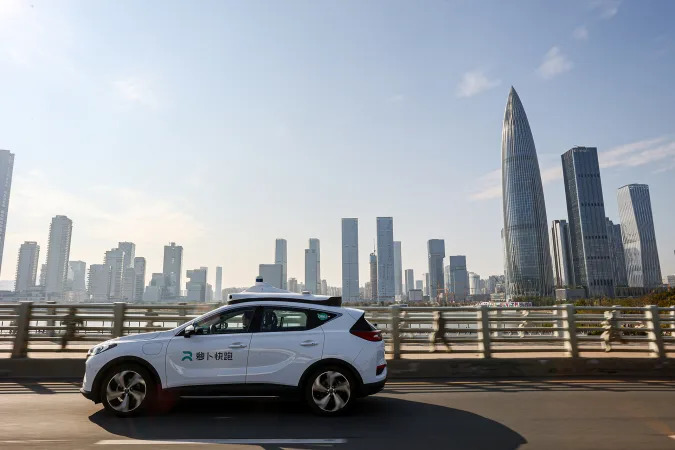Featured Image by Forbes
Baidu’s Apollo Go Robo taxi service Is now going to be something that will be seen in regular sight in China’s biggest population hub. Baidu has introduced Apollo Go to Shenzhen, making self-driving taxis available in six cities including Beijing, Guangzhou, and Shanghai.

This Robo taxi service will be available through their Apollo GO app at 50 stations between 9:00 AM and 5:00 PM. Their initial focus for this service is going to be high-frequency transport arteries, including Shenzhen Talent Park and the surrounding area. The company is also hoping to expand More two 300 stations by the end of this year. (Honestly, this truly is the future)
Although the service is not very glamorous right now, The company does expect to serve 65 cities in the future, and they probably won’t reach 100 cities until 2030 while also facing huge competition from big rivals like AutoX (an Autonomous taxi service competitor)
Even though it is very bumpy and they are facing a lot of competition, it still represents one of the largest real-world robotaxi deployments in the entire world. Although there are a lot of other companies and competitors in The autonomous taxi space, Baidu is still a company that is really ahead of the curve and it’s a question of how long they will be sustaining this advantage.



